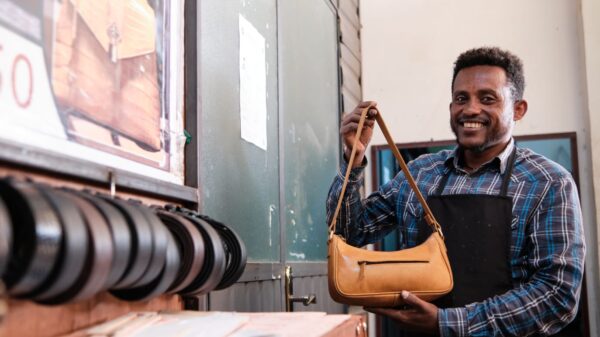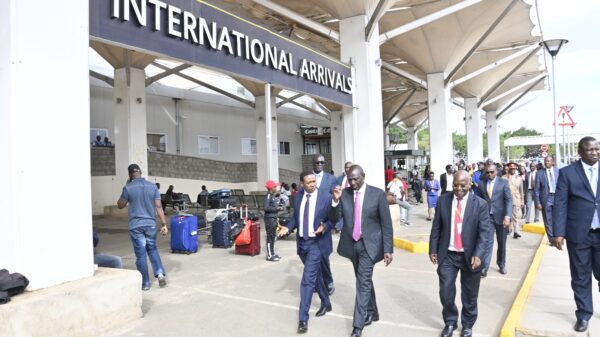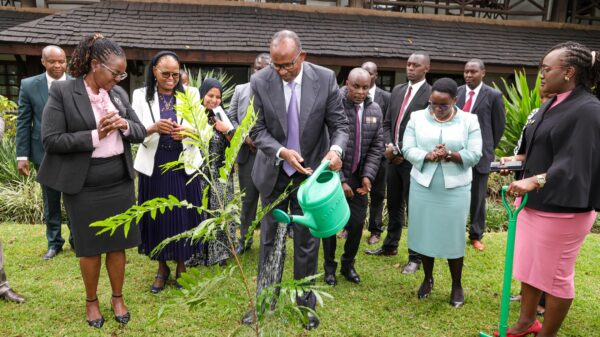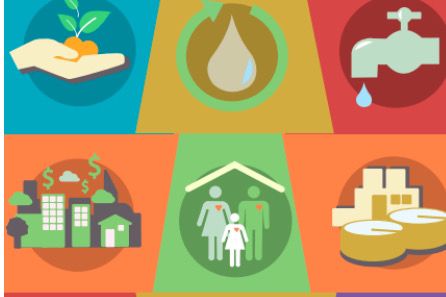
Kenyans inclined to the Jubilee government – 49 percent – see high cost living as a major challenge against CORD’s 53 percent.
NAIROBI, Kenya, Mar 14 – A new survey by IPSOS Synovate shows that the most serious challenge facing majority of Kenyans is the high cost of living at 50 percent, followed by unemployment at 19 percent.
In the survey, where 2,031 respondents were interviewed between February 8 and 15, Kenyans inclined to the Jubilee government – 49 percent – see high cost living as a major challenge against CORD’s 53 percent.
IPSOS Synovate Researcher Tom Wolf who released the findings on Friday said most people who live in Nairobi at 58 percent were willing to give their money to non-family members while Central recorded the lowest at 28 percent.
“Most surprising of all, however, is that about 10 percent more CORD households supporters are more ‘generous’ than those of Jubilee supporters’ households, even if the latter are slightly better off in terms of monthly household income,” it reads.
“This sad reality is clearly one reflection of ‘the most serious problem facing the country today’, which 50 percent of these same respondents identified the high cost of living that the Jubilee government should be prepared to address as it begins its second year in office,” he said.
The report comes as the country continues to debate measures to take to reduce the public sector wage bill.
“Whilst one would applaud the president and his deputy for taking a pay cut and ordering the same for the Cabinet and parastatal chiefs, such measures are more symbolic than substantive as compared with corruption and wastage in government in terms of bringing down the government’s total recurrent expenditure bill,” he pointed out.
It also shows that a majority of Kenyans (81 percent) rely on government health institutions for medical care with only 17pc stating that the last time they needed medical care they visited a private hospital/clinic/doctor.
“If 41 percent of Kenyans visit local dispensaries then the government should work on upgrading these to improve access to healthcare at the grassroots. Moreover, given the overwhelming reliance of Kenyans on government medical services, any significant departure of medical staff from the public service would a detrimental impact of the nation’s health,” he said.































